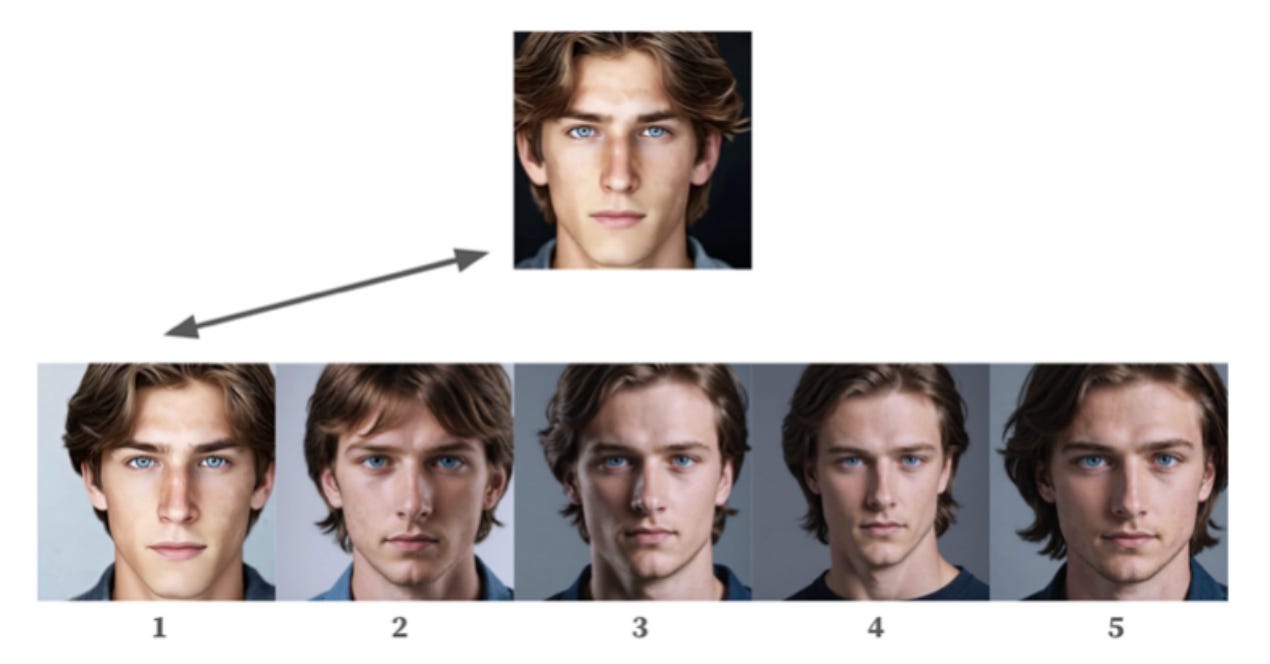
Exploring the Paradox: More Thinking May Lead to Worse Results
In a thought-provoking exploration of cognitive processes, Louis-François Bouchard delves into a surprising paradox: both humans and artificial intelligence (AI) models often yield better results when they avoid excessive reasoning. This intriguing concept challenges traditional beliefs about the value of step-by-step reasoning in problem-solving.
The Dilemma of Overthinking
Bouchard argues that when faced with tasks such as face recognition or grammar learning, individuals and AI systems tend to perform better by relying on intuition rather than a meticulous, analytical approach. This phenomenon suggests that overthinking may hinder optimal performance, leading to worse results.
Implications for AI Development
The implications of this finding are significant for the development of AI technologies. As Bouchard notes, understanding the cognitive shortcuts that humans use could aid in refining algorithms to mimic these efficient patterns. By reducing the complexity of reasoning processes, AI developers can enhance machine learning models, making them more effective and user-friendly.
Community Engagement and Insights
Bouchard also emphasizes the importance of community feedback in this ongoing discussion. He encourages audience interaction through comments and responses to his content, fostering a collaborative environment for sharing insights on the relevance and potential hype surrounding these findings.
As professionals and enthusiasts in technology and AI navigate this rapidly evolving landscape, Bouchard’s insights serve as a reminder to balance analytical thinking with intuitive processes. This approach could redefine how we harness the power of AI in various applications.
Rocket Commentary
Bouchard's exploration of the paradoxical benefits of intuition over excessive reasoning in both humans and AI models raises essential questions about how we approach AI development. While the tendency to overthink may indeed hinder performance, as suggested, we must carefully navigate the implications of promoting intuition-driven AI. This approach could foster systems that prioritize speed over accuracy, potentially compromising ethical standards and user trust. As the industry evolves, ensuring that AI remains not only intuitive but also transparent and accountable will be crucial. Emphasizing practical applications that balance instinct with robust reasoning could lead to transformative advancements while safeguarding ethical considerations.
Read the Original Article
This summary was created from the original article. Click below to read the full story from the source.
Read Original Article